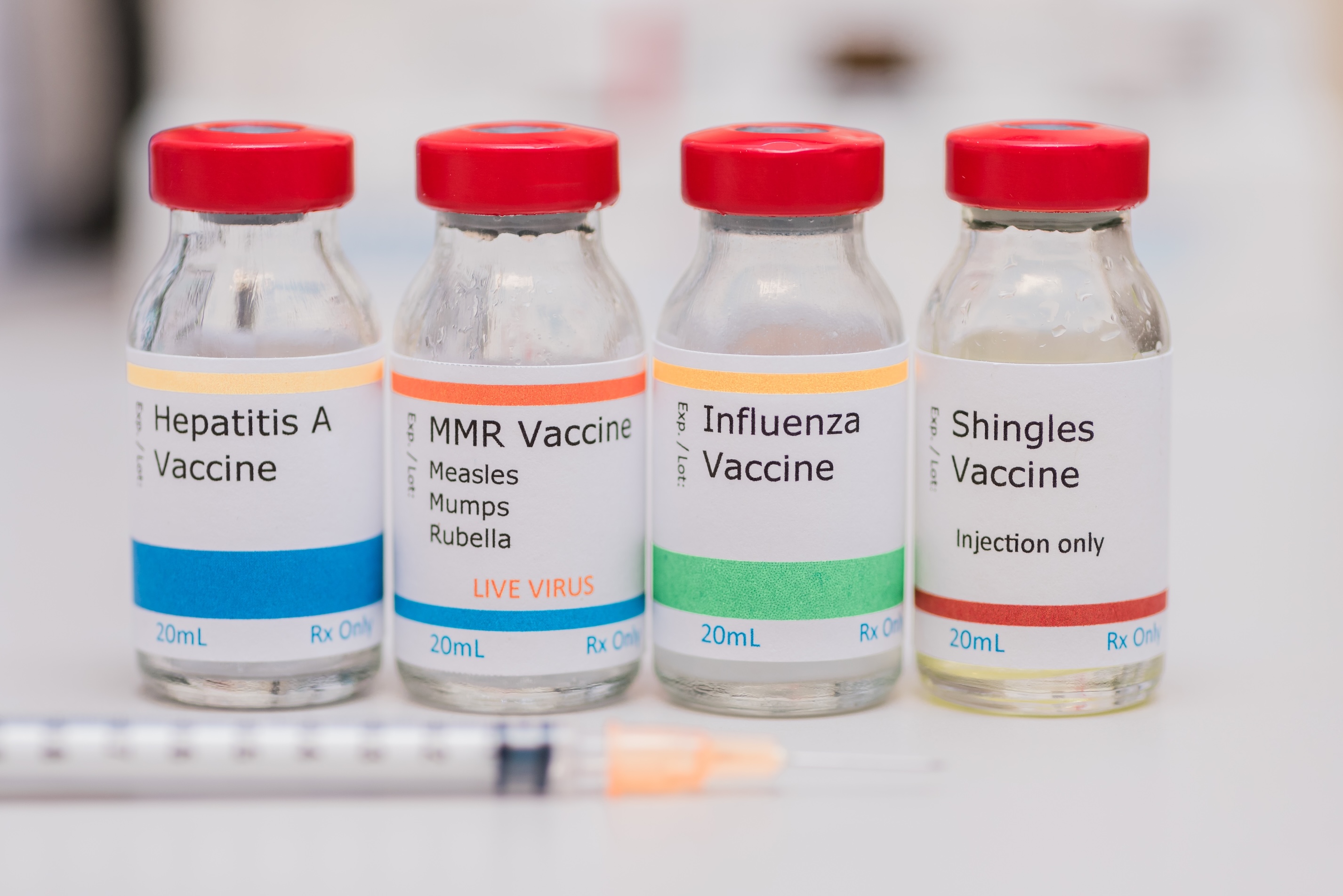What are Hepatitis A and B?
Hepatitis A and B are viral infections that primarily affect the liver and can lead to significant health complications if not properly managed, according to the CDC.
Hepatitis A
Hepatitis A is a highly contagious liver infection caused by the Hepatitis A virus (HAV), typically transmitted through ingestion of contaminated food or water. It often results in mild illness, but can lead to severe symptoms in some cases. Vaccination can effectively prevent Hepatitis A.
Hepatitis B
Hepatitis B is a serious liver infection caused by the Hepatitis B virus (HBV), which is transmitted through contact with infectious body fluids, such as blood or sexual contact. It can lead to chronic liver disease and increases the risk of liver cancer. Vaccination is also available and recommended for prevention.







